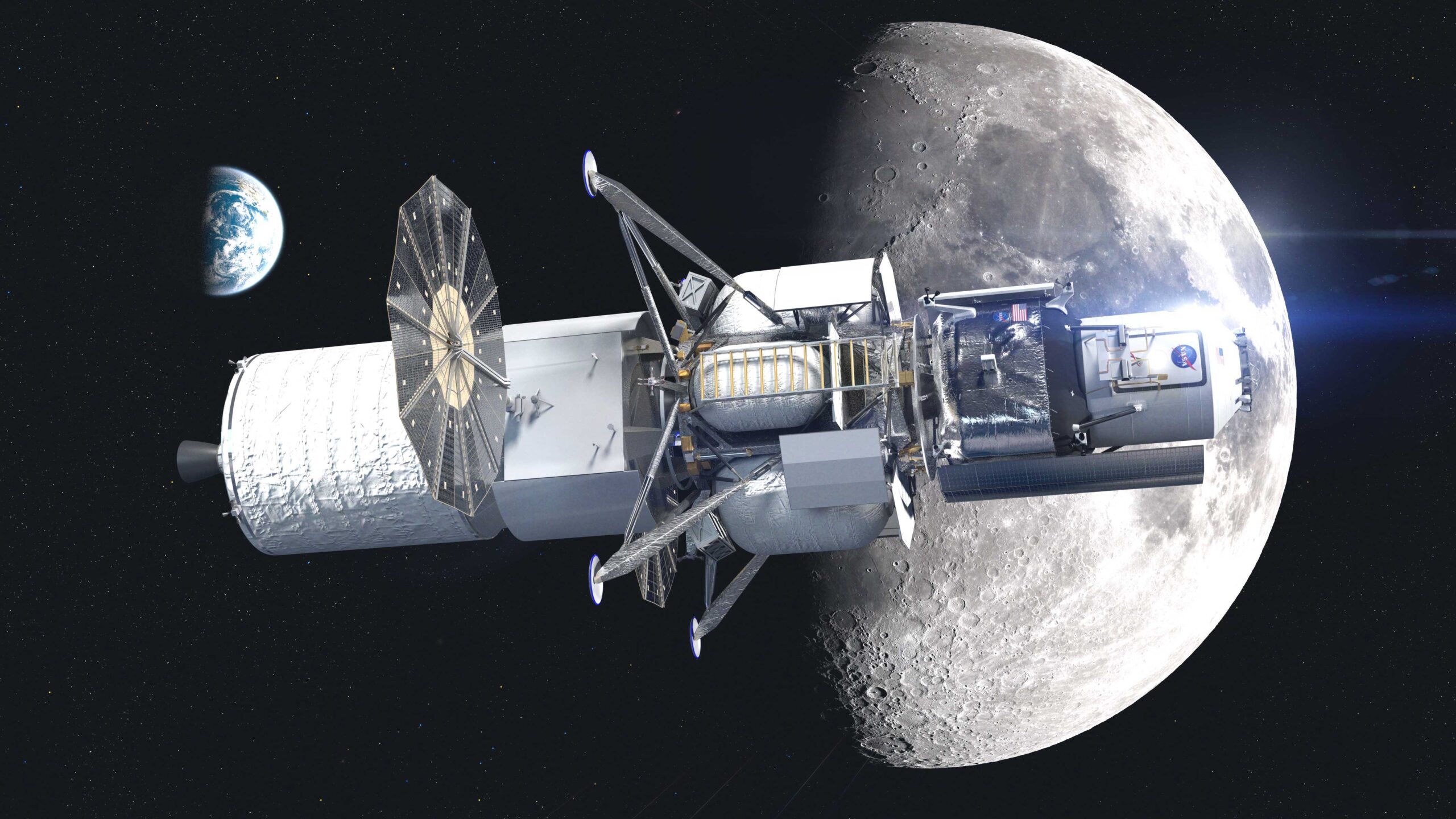WASHINGTON — Blue Origin has filed suit against NASA in federal court, arguing that the agency failed to properly evaluate its proposal for the agency’s Human Landing System program, a procurement won by SpaceX.
Blue Origin filed suit Aug. 13 in the Court of Federal Claims, which has jurisdiction over bid protests after reviews by the Government Accountability Office. The company sought a protective order, sealing documents it filed in the case. The court granted that protective order Aug. 16.
The company said it requested the protective order “to protect confidential, proprietary, and source selection information contained in the Complaint, and other filings and hearing transcripts in this bid protest.”
Only in the motion to seal filings in the case did Blue Origin explicitly state that the case was about the HLS “Option A” award that NASA made to SpaceX in April. “More specifically, this bid protest challenges NASA’s unlawful and improper evaluation of proposals submitted under the HLS Option A BAA,” or broad agency announcement, the company said in the motion.
“Blue Origin filed suit in the U.S. Court of Federal Claims in an attempt to remedy the flaws in the acquisition process found in NASA’s Human Landing System,” the company said a statement to SpaceNews. “We firmly believe that the issues identified in this procurement and its outcomes must be addressed to restore fairness, create competition, and ensure a safe return to the Moon for America.”
Blue Origin and Dynetics filed separate protests with the GAO in April, arguing NASA improperly evaluated their proposals compared to SpaceX, and that NASA erred in making only a single award rather than revising the competition or canceling it entirely. The GAO rejected those arguments, denying the protests July 30.
The GAO went into more detail about its denial of the protests in an Aug. 10 public version of its decision document. It found no evidence that NASA improperly evaluated the proposals, concluding that “the record adequately supports NASA’s evaluation of the protesters’ proposals and was consistent with applicable procurement law, regulation, and the terms” of the solicitation.
The GAO also concluded that NASA was within its rights to make only a single award, as the agency made clear in the Option A solicitation that it could make multiple awards, a single award or none at all.
Blue Origin didn’t back down after the release of the 76-page GAO decision. “The GAO report confirms NASA’s desire for multiple awards and confirms that there were significant issues with how NASA conducted this procurement process,” the company said in an Aug. 11 statement. “We stand by our assessment that SpaceX received preferential treatment by conducting exclusive negotiations with them.”
In the same statement, Blue Origin again called on NASA to make a second HLS award, despite the lack of funding to support such a deal. “We continue to urge NASA to restore competition and immediately award a second provider,” the company said. “Two providers ensure greater safety and mission success, promote competition, and control costs.”
During the GAO protest, NASA halted work on the HLS award to SpaceX, but transferred $300 million to the company on July 30, the day the GAO denied the protests. It was not immediately clear if the Blue Origin suit in the Court of Federal Claims will force another stop-work order on the contract.
